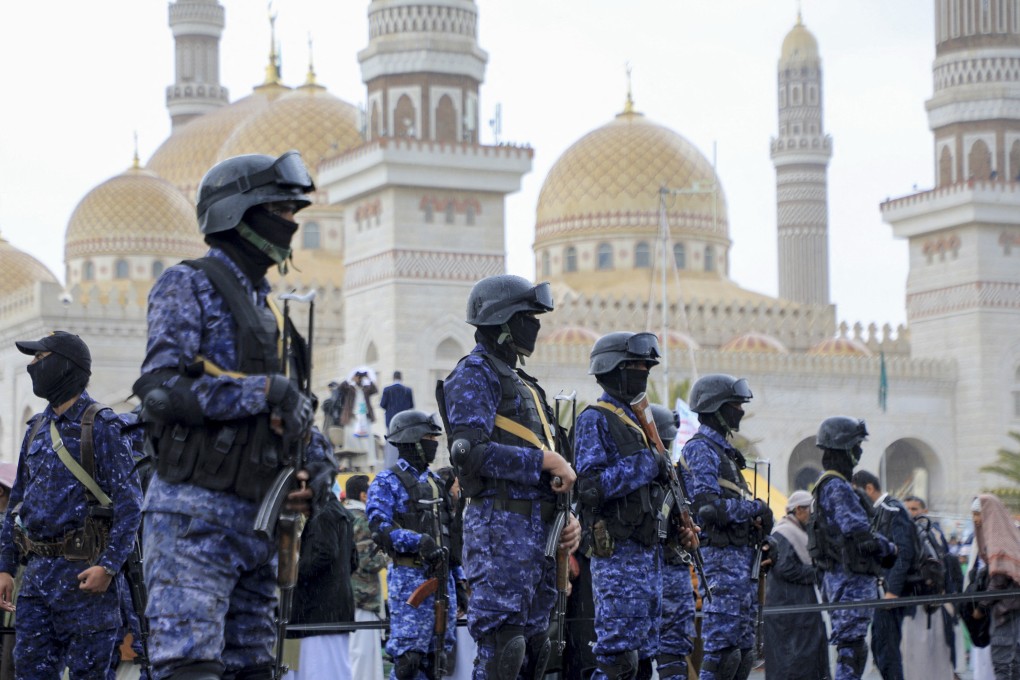Advertisement
US national security adviser Jake Sullivan and top China diplomat Wang Yi to meet in Thailand
- Chinese foreign ministry confirms that talks are going ahead, with Wang to be in Bangkok from January 26-29
- News of meeting comes as Beijing voices “deep concern about the recent rapid escalation of tensions in the Red Sea”
Reading Time:2 minutes
Why you can trust SCMP
11

Igor Patrickin Washington
America’s national security adviser is on his way to Thailand to meet China’s foreign minister for two days of discussions that will reportedly focus on the Middle East, a move that builds on pledges by the two sides to strengthen bilateral engagement.
The meeting between Jake Sullivan and Wang Yi will build on “a commitment by both sides [by presidents Xi Jinping and Joe Biden during their summit in November] to maintain strategic communication and responsibly manage the relationship”, according to a White House statement on Thursday.
Chinese foreign ministry spokesman Wang Wenbin said on Friday that the new round of talks had been “discussed and agreed by China and the US” and that Wang Yi would be in Thailand from January 26-29.
Advertisement
Sullivan is expected to raise recent Houthi attacks on ships in the Red Sea with Wang Yi, the Wall Street Journal reported earlier in the day.
The two officials are heading to Bangkok at the invitation of the Southeast Asian country’s Deputy Prime Minister Parnpree Bahiddha-Nukara, according to Wang Wenbin.
Beijing enjoys friendly relations with Tehran, and the Iran-backed Shiite militia group has defended its actions as retaliation for Western support of Israel in its war with Hamas.
Advertisement
Select Voice
Select Speed
1.00x